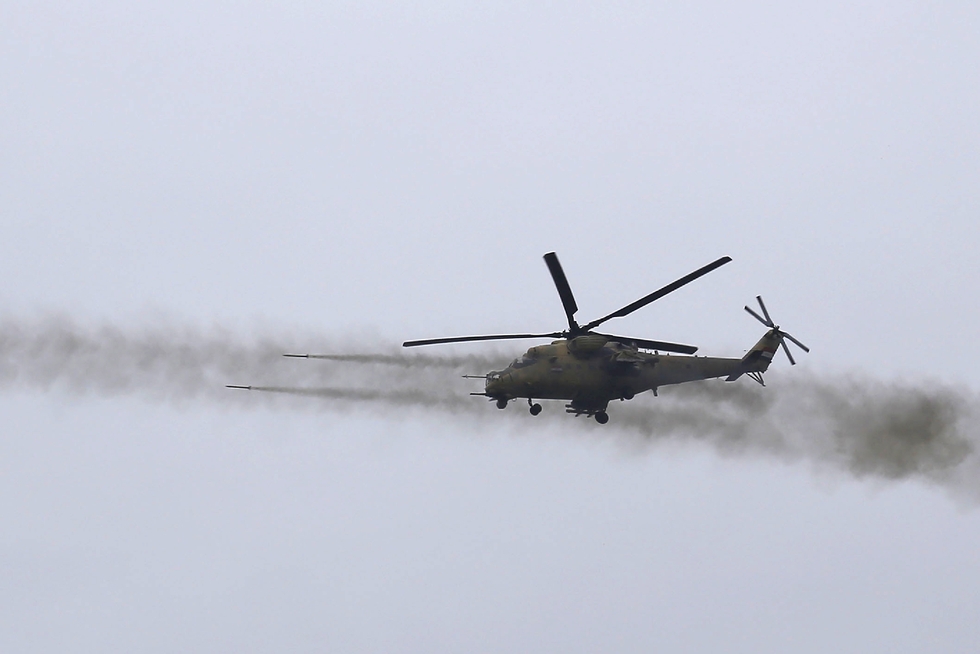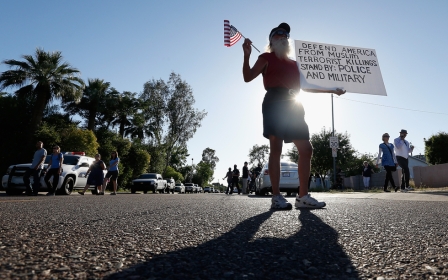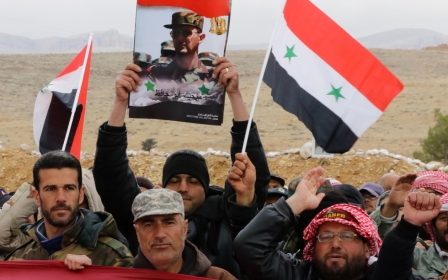Will the loosened US rules of engagement against IS be a game changer?

On 19 April, USA Today reported that, since autumn 2015, the rules of engagement governing US air strikes against targets of the self-proclaimed Islamic State (IS) group in Iraq and Syria have been loosened.
Previously, US air strikes against IS targets that could result in civilian casualties, ie high-risk air strikes, had to be approved by a four-star commander at the US Central Command headquarters in Tampa, Florida. Sometimes, this lengthy bureaucratic process translated into a missed opportunity for military action against the terrorist group.
Since autumn 2015, however, the bureaucratic process for approving high-risk strikes has been accelerated with the objective of reducing the number of missed opportunities. Lt Gen Sean McFarland, the commander of Operation Inherent Resolve, is now Pentagon-authorised to order, without prior US Central Command approval, the launch of air strikes with a non-combatant value of up to 10 civilian casualties.
This measure aims at guaranteeing that Iraqi forces continue gaining battlefield momentum against IS. The terrorist group has not embarked on a successful military offensive in nearly nine months and has recently experienced a series of significant setbacks.
In early 2016, the US military estimated that IS had lost 40 percent of the territory it controlled in 2014, a figure that excludes the recent loss of IS-controlled territories in eastern Syria, including the town of Shadadi, and in Anbar province in Iraq.
It is unquestionable that US-led aerial support has been vital to achieve this positive progress. One must question, however, at what price has this positive progress been achieved: how many civilians have been killed so far?
Also, one must question if the acceleration of the bureaucratic process for approval of high-risk air strikes will translate into a more rapid increase of civilian casualties, and, if so, whether it is a "game-changing" measure in the fight against IS, or an unjustifiable one.
The Pentagon has acknowledged killing 26 civilians in the air campaign against IS that began almost two years ago. Nevertheless, other sources estimate that civilian casualties are far higher. For example, Airwars.org, an independent monitoring organisation, estimates that the 20-month air campaign against IS has killed more than 1,100 civilians.
This toll will increase as US-backed Iraqi forces proceed to liberate the Iraqi city of Mosul, and it will do so more rapidly that it would have if the rules of engagement governing the air strikes of the US Air Force against IS targets had not been loosened in autumn 2015.
The acceleration of the bureaucratic process for approving high-risk air strikes reduces the possibility of missing opportunities for attack, and allows for the execution of more high-risk air strikes. Therefore, even if the US Air Force takes all feasible precautions to avoid civilian casualties during the course of its aerial military campaign against IS, this acceleration will inevitably translate into a more rapid increase of civilian casualties.
This acceleration will also translate into a more rapid defeat of IS, as more high-risk air strikes are expected to be executed, and these, in turn, will speedily pave the way for Iraqi ground forces.
Unfortunately, rapid military success against IS will likely prove ephemeral if there is no plan to create a political context where tactical military victories can be translated into enduring, political achievements.
The actual game-changer in this complex conflict is not a military measure but a political and economic one: in order to guarantee lasting achievements, military success has to be matched with a plan for the post-IS stabilisation and reconstruction of Iraq.
Today, reconciliation between Shia, Sunni and Kurdish communities in Iraq is still at a standstill, and their respective leaderships fragmented. Furthermore, Iraq’s political system is barely functioning. Recently, Iraqi protestors in Baghdad, mostly loyalists of the Shia cleric Moktada al-Sadr, occupied the parliament building, revealing that sectarian divisions in the country continue to hinder political stability.
Furthermore, the recent collapse in the price of oil – the country’s lifeblood – and the fighting between Shia and Kurdish militias in the north of Iraq, which foreshadows a new domestic struggle in the country, might further fracture Iraqi unity, if such a thing actually exists.
A military victory under these circumstances, therefore, could turn into another catastrophe if there is no political and economic plan for the stabilisation and reconstruction of Iraq.
Following the successful US-led invasion of Iraq in 2003, the US had not articulated a plan to restore stability and reconstruct or develop the areas that needed so. In US military lingo, this plan is referred to as Phase IV of any military campaign. The lack of such a phase generated a vacuum of power that facilitated the rise of IS.
Now, the US-backed Iraqi forces are about to achieve military victory in their fight against IS, and history seems to be about to repeat itself. Despite the fact that a post-IS Iraq will require a political and economic plan to address its domestic challenges over the short and long terms, the Iraqi government and its allies, including the US, have failed to design, resource, and start with the implementation of said plan.
To guarantee that the defeat of IS does not lead to another catastrophe, the Iraqi government and its allies must start addressing the lack of a comprehensive strategy for the stabilisation and reconstruction of a post-IS Iraq. The successful implementation of such a strategy will be the game changer that ultimately determines the victory against IS.
- Tania Ildefonso Ocampos is a Spanish political analyst who specialises in EU strategy in the Middle East. She is a former Schuman trainee (Euro-Med and Middle East Unit of the European Parliament's Directorate-General for External Policies), and holds an MA in Middle Eastern History from Tel Aviv University, Israel.
The views expressed in this article belong to the author and do not necessarily reflect the editorial policy of Middle East Eye.
Photo: An Iraqi army helicopter fires rockets during an operation to retake the town of al-Bashir, near Kirkuk, from the Islamic State militant group on 10 April, 2016 (AFP).
New MEE newsletter: Jerusalem Dispatch
Sign up to get the latest insights and analysis on Israel-Palestine, alongside Turkey Unpacked and other MEE newsletters
Middle East Eye delivers independent and unrivalled coverage and analysis of the Middle East, North Africa and beyond. To learn more about republishing this content and the associated fees, please fill out this form. More about MEE can be found here.





